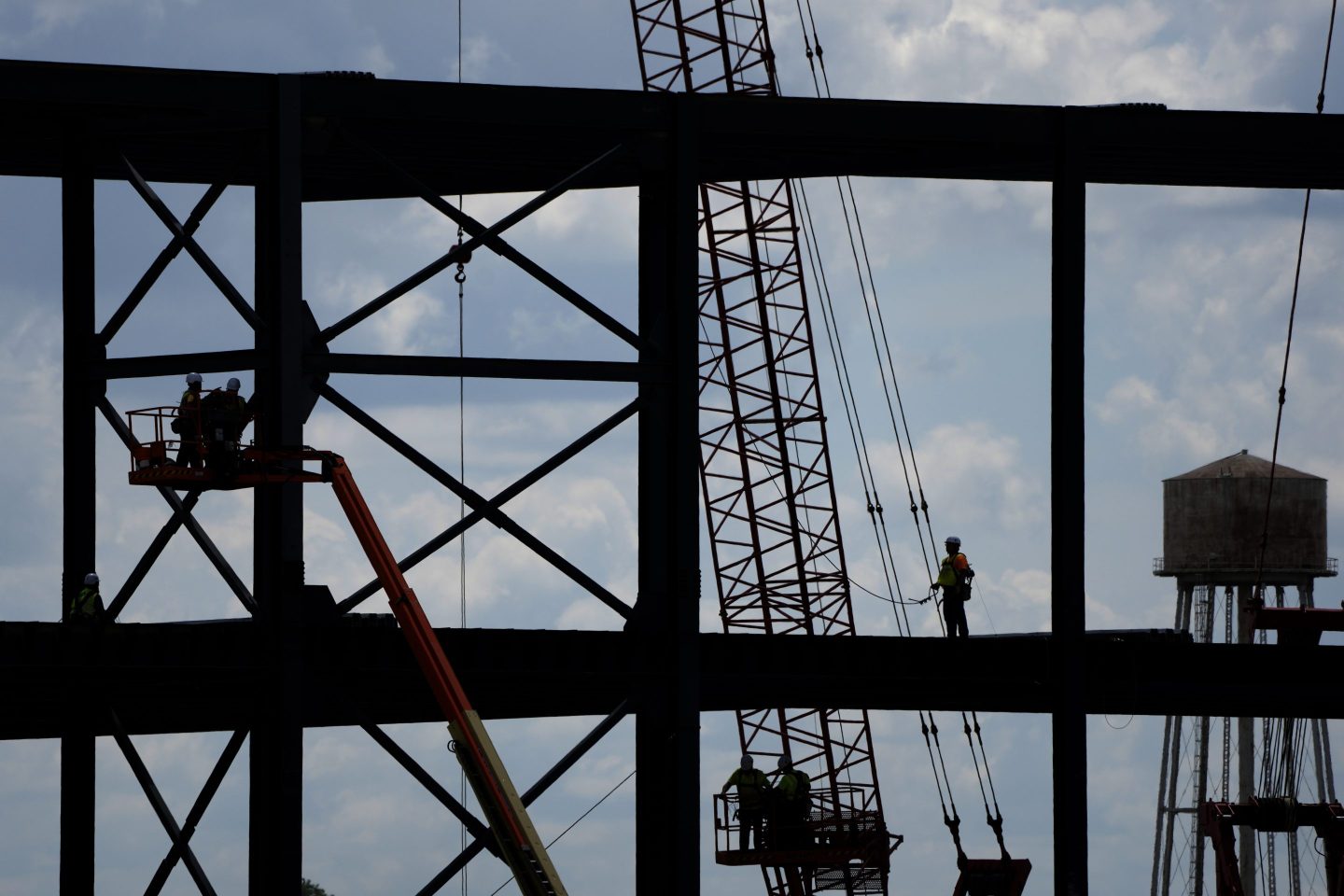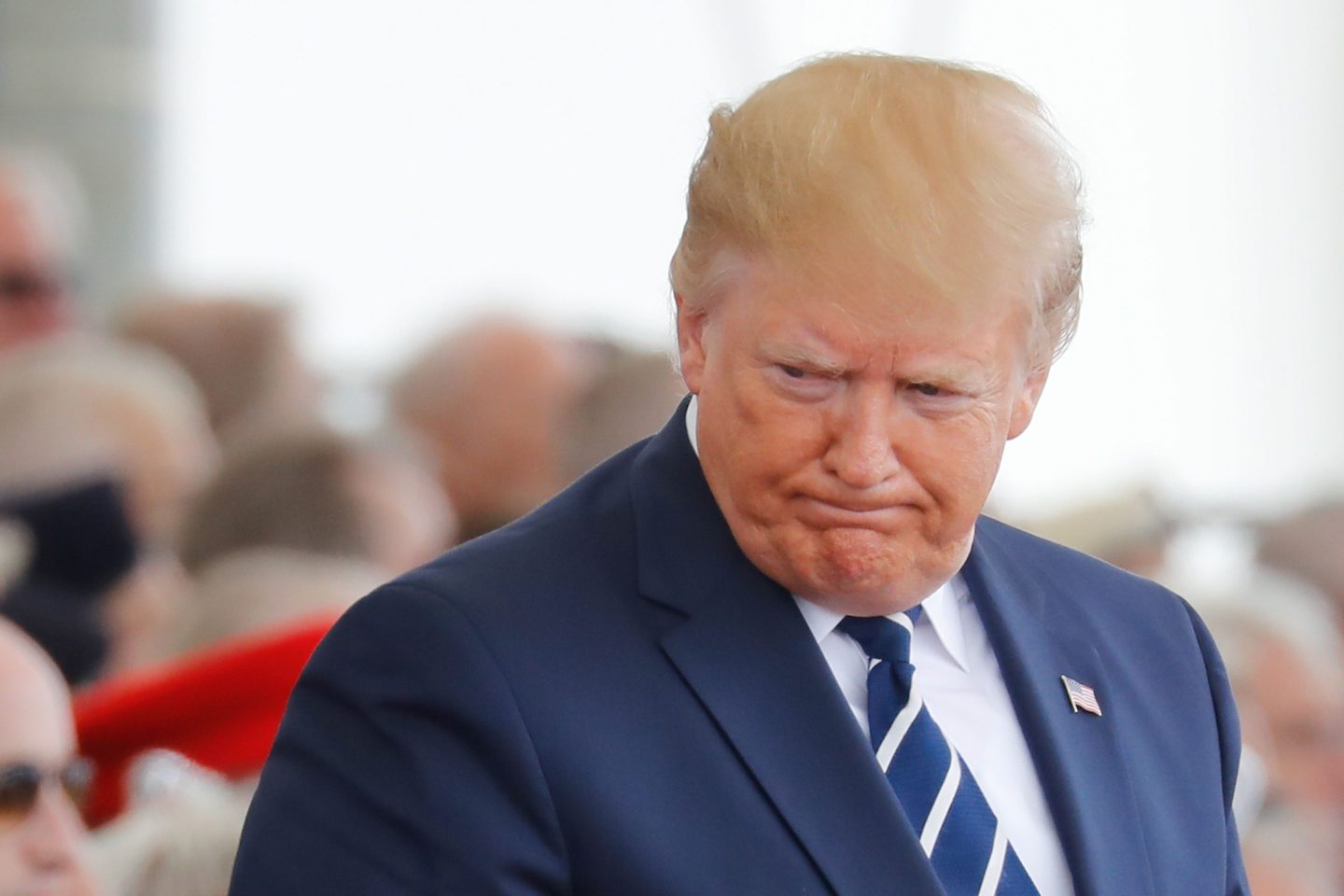The Energy Department is making a push to strengthen the U.S. Battery supply chain, announcing up to $3.5 billion for companies that produce batteries and the critical minerals that go into them.
Batteries are seen as an important climate solution because they can power cars, which are a major cause of climate change when they burn gasoline. They are also a solution when they store clean electricity made from solar panels or wind turbines, allowing gas or coal power plants that cause climate change to turn off.
Lithium ion is currently the dominant battery type both for electric vehicles and clean electricity storage. The DOE wants to strengthen the supply because even though there is plenty of work underway to develop alternatives, it estimates demand for lithium batteries will increase up to ten times by 2030.
The Biden-Harris administration has a goal of lowering the pollution that causes climate change to zero by 2050 and for half of all new cars sales to be electric in 2030.
Some officials, industry experts and others concerned about climate change uneasy supply of battery materials will not keep pace with demand. Others worry that too much of the industry is anchored in Asia.
A chip shortage redux?
Jodie Lutkenhaus, professor of chemical engineering at Texas A&M University, said she is closely watching U.S. Battery production and manufacturing. “I’m worried that we may not catch up and end up in the same situation we’re in now with the semiconductor industry,” she said. When assembly lines stopped during the pandemic, it stalled manufacturing in Asia, resulting in a global microchip shortage that affected the availability of vehicles and electronics.
“The same thing can happen with batteries if we don’t diversify where batteries are made and where materials are sourced,” Lutkenhaus said. “It is essential that the U.S. Participates in battery production and manufacturing so that we can avoid global shortages of batteries, should that ever happen.”
The Bipartisan Infrastructure Law assigned $6 billion in total funding for battery material processing and manufacturing. An initial round went to 15 projects including companies that mine critical minerals like graphite and nickel, used in lithium batteries. This second round will fund similar companies but also those that rely on alternative chemistries, such as flow and sodium batteries.
Here’s how it works: A company might want to build a factory to make cathode materials for electric cars. It determines the cost of building the facility, commits to covering half of the cost, and the government grant would cover the other half, if the company is selected.
Ablemarle, a major lithium producer, received funding in the first round for a facility in Kings Mountain, North Carolina that processes lithium from ore collected around the world. The company said that in addition to EVs, demand for lithium also comes electronics like medical devices and smartphones. Without the DOE funding, the project “would have likely progressed along a different time scale,” it said in an email.
While the funding may not have been make-or-break for them, Matthew McDowell, associate professor of engineering at Georgia Institute of Technology, said the Bipartisan Infrastructure Law and Inflation Reduction Act have “dramatically” transformed the U.S. Battery manufacturing sector in the past three years. He is excited, he said, about the next generation of batteries for clean energy storage, including solid state batteries, which could potentially hold more energy than lithium ion.
Tom Moerenhout, a professor at Columbia University’s Center on Global Energy Policy, said it will be a big challenge to ramp up the global supply of critical minerals for the projected battery demand in 2030. “It’s pretty huge, it’s almost scary,” he said, noting that a new mine on average takes 16 years to begin commercial production.
But with the price of lithium rising, Moerenhout said, alternative battery types become more attractive. One he hopes to see scale up is sodium ion batteries to help bolster the electrical grid. “The potential is quite huge,” he said, because they are safe and affordable.
Companies can apply for funding through mid-March.
____
Associated Press climate and environmental coverage receives support from several private foundations. See more about AP’s climate initiative here. The AP is solely responsible for all content.












